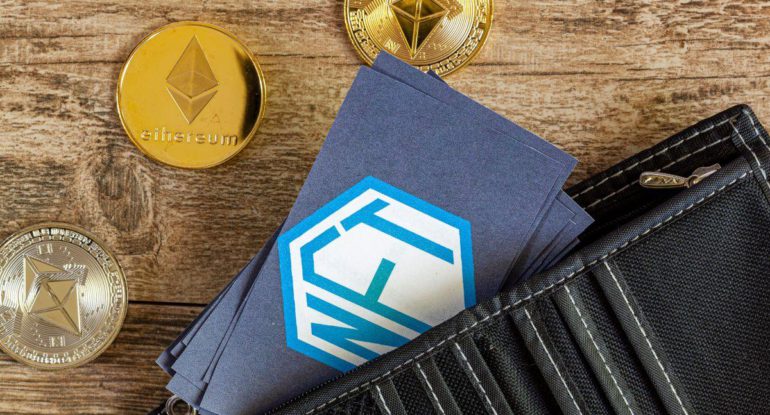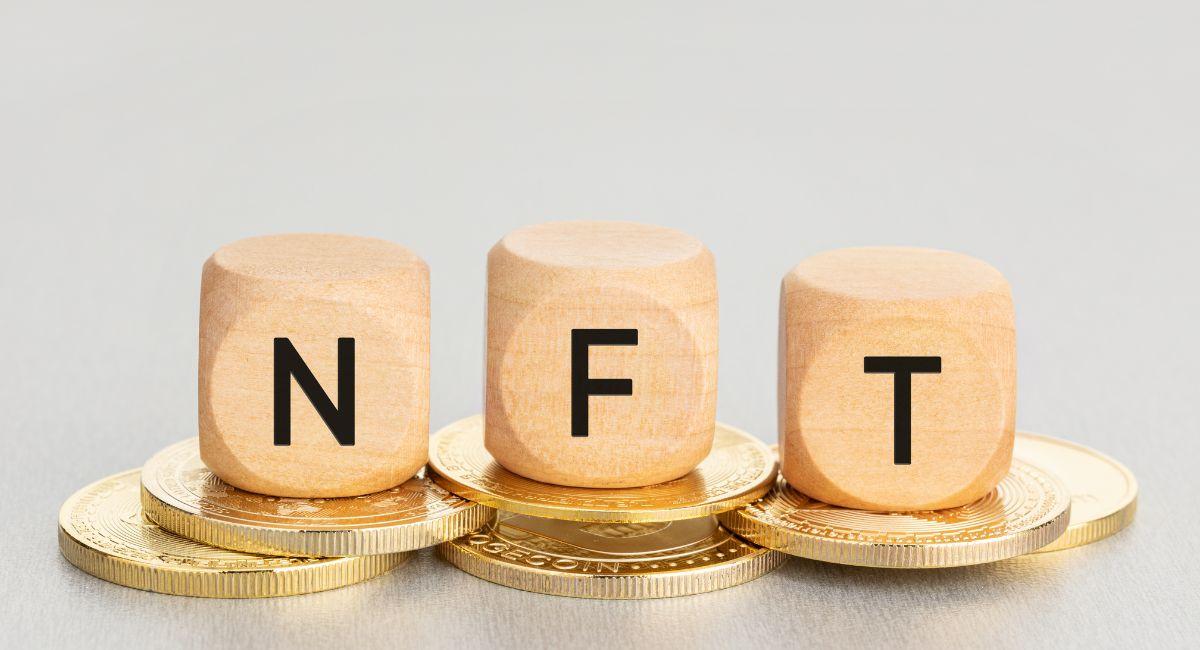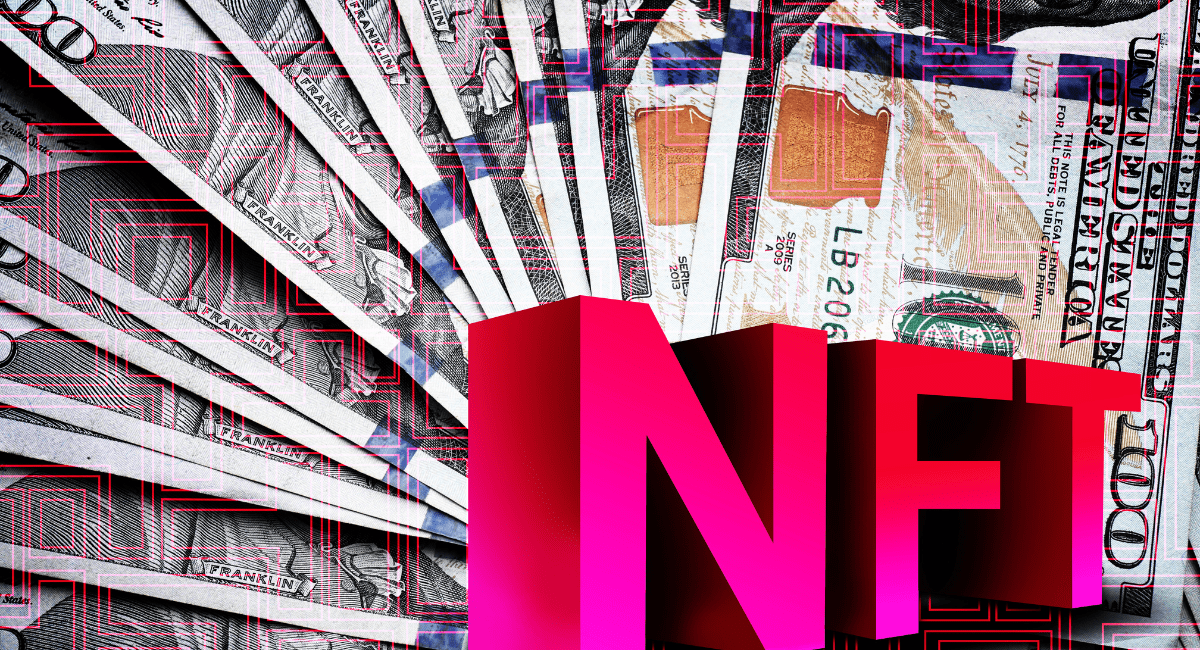Top 10 Amazing Ways NFTs Have Become A Tool For Brands To Build Engagement

Non-Fungible Tokens (NFTs) are digital assets that represent ownership or proof of authenticity of unique items or digital content on a blockchain. Unlike cryptocurrencies such as Bitcoin or Ethereum, which are fungible and can be exchanged on a one-to-one basis, NFTs are indivisible and cannot be replicated or replaced. Each NFT is distinct and possesses unique attributes, making it one-of-a-kind and valuable to collectors, creators, and investors.
At the core of NFTs is blockchain technology, which provides a decentralized and transparent ledger to record ownership and transaction history. This immutable ledger ensures the scarcity, authenticity, and provenance of NFTs, making them desirable as digital collectibles, artworks, virtual real estate, gaming assets, and more.
One of the defining features is their ability to represent ownership and transfer rights of digital assets in a secure and verifiable manner. Through smart contracts, NFTs enable creators to tokenize their work, establish intellectual property rights, and monetize their digital content through sales, auctions, and royalties. Similarly, collectors can purchase and trade NFTs on digital marketplaces, leveraging blockchain technology to verify the authenticity and ownership history of each asset.
NFTs have garnered significant attention and adoption across various industries, fueling a booming market for digital collectibles and virtual assets. Artists, musicians, gamers, and content creators are leveraging NFTs to engage with audiences, monetize their creations, and establish new revenue streams. Additionally, NFTs have opened up novel opportunities for ownership, investment, and participation in the digital economy, offering a glimpse into the future of digital ownership and asset management.
Also, read- A Comprehensive Guide On How To Find Highly Investable NFTs
Importance of NFTs

- Transparent Ownership: NFTs leverage blockchain technology to create a verifiable and immutable record of ownership for digital assets. This eliminates the risk of forgery or fraud, making it easier to prove ownership and fostering trust in the digital asset space.
- Enhanced Security: Blockchain technology offers robust security features that make NFTs resistant to hacking, counterfeiting, and other malicious activities. This provides greater peace of mind for owners and creators of digital assets.
- New Revenue Streams: NFTs empower creators to explore new avenues for monetization. They can sell their work directly to collectors, bypassing traditional intermediaries and potentially capturing a larger share of the profits. This opens doors for artists, musicians, and other creative individuals to establish sustainable careers in the digital realm.
- Fractional Ownership: NFTs can be fractionalized, allowing multiple individuals to co-own a single NFT. This opens up investment opportunities to a broader audience and increases the liquidity of certain NFTs, potentially making the market more accessible and dynamic.
- Unlocking New Use Cases: NFTs have the potential to revolutionize various industries beyond just art and collectibles. They can be used for ticketing and event management, supply chain tracking, identity management, and even real-world asset tokenization, creating new opportunities for innovation and disruption across various sectors.
- Supporting Creators: NFTs empower creators to establish a direct connection with their audience and build stronger communities. They can offer exclusive content, experiences, or benefits to NFT holders, fostering deeper engagement and loyalty. This empowers creators to build a sustainable fan base and generate ongoing support for their work.
- Evolving Digital Landscape: NFTs represent a significant step towards a more digital and tokenized future. They offer new ways to represent ownership, value, and access in the digital realm, potentially shaping how we interact with and experience the digital world in the future.
- Unlocking Gamified Experiences: NFTs can be integrated into games, allowing players to own in-game items, characters, or virtual land parcels. This creates a new level of ownership and engagement for players, and opens up new possibilities for game developers, potentially leading to more immersive and engaging gaming experiences.
- Facilitating Decentralized Finance (DeFi): NFTs can be used to represent collateral in DeFi applications, allowing users to borrow and lend digital assets in a decentralized and transparent manner. This fosters innovation in the DeFi space and opens doors for new financial products and services built on blockchain technology.
- Community Building and Governance: NFTs can act as membership tokens, granting holders access to exclusive communities or even voting rights on project decisions. This fosters a sense of community ownership and empowers NFT holders to participate in the decision-making process, shaping the future direction of projects they are involved in.
It’s important to note that the NFT space is still evolving, and there are potential risks and challenges associated with NFTs, such as market volatility, environmental concerns, and regulatory uncertainties. However, the potential benefits outlined above highlight the significant potential of NFTs to reshape various aspects of the digital landscape and unlock new opportunities for creators, investors, and users alike.
NFTs as a tool for brands to build engagement

NFTs have emerged as a powerful tool for brands to build engagement by offering unique and interactive digital experiences that resonate with their audiences. By leveraging Non-Fungible Tokens (NFTs), brands can create exclusive digital collectibles, artworks, or virtual assets that serve as tokens of loyalty, rewards, or status symbols for their community members.
One way brands utilize NFTs to build engagement is through the creation of limited-edition digital collectibles or merchandise. These NFTs can be offered as incentives for loyal customers, participants in promotional campaigns, or attendees of virtual events. By owning these exclusive digital assets, individuals feel a sense of belonging and recognition within the brand’s community, fostering a deeper connection and engagement.
Additionally, brands can use NFTs to gamify user experiences and incentivize interaction with their products or services. For example, they can launch interactive NFT-based games, challenges, or scavenger hunts where participants can earn or unlock exclusive NFT rewards. This gamification strategy not only increases engagement but also encourages user participation and brand advocacy.
Furthermore, brands can collaborate with artists, celebrities, or influencers to create branded NFT collections or collaborations. These partnerships leverage the influence and fanbase of the collaborators to drive awareness, engagement, and sales of the branded NFTs. By associating their brand with popular personalities or cultural icons, brands can tap into existing communities and amplify their reach and impact.
Overall, NFTs offer brands a unique opportunity to engage with their audience in innovative and meaningful ways. Whether through exclusive digital collectibles, gamified experiences, or strategic collaborations, NFTs enable brands to create memorable and immersive engagements that resonate with their community members and foster long-term loyalty and advocacy.
CEDEN NFTs are listed and tradable on @MagicEden new ETH marketplace.
— CEDEN (@ceden_network) February 28, 2024
CEDEN Create Pass:https://t.co/6nA6566VS3
CEDEN Keystone NFT Node:https://t.co/UB9miuOIp5
Here are 10 ways NFTs have become a tool for brands to build engagement:

- Exclusive Access and Community Building: Owning an NFT can grant holders exclusive access to online communities, events, experiences, or content. This creates a sense of belonging and exclusivity, fostering deeper engagement and loyalty among brand enthusiasts.
- Gamification and Reward Systems: Integrating into gamified experiences can incentivize user engagement. Brands can reward users with NFTs for completing tasks, participating in challenges, or achieving milestones. These can offer various benefits, such as discounts, early access to products, or even voting rights within the brand community.
- Digital Collectibles and Brand Loyalty: Many brands are creating unique and limited-edition NFT collections, often tied to their products, mascots, or iconic moments. Owning these digital collectibles can act as a badge of honor for fans, fostering brand loyalty and advocacy.
- Interactive Storytelling and Narrative Building: NFTs can be used to create interactive stories or narratives, allowing consumers to actively participate in the brand’s story. This approach can enhance brand recall and create a more memorable and engaging experience for users.
- Charitable Giving and Social Impact: Brands can leverage to support charitable causes or social impact initiatives. Limited-edition NFT collections with a portion of the proceeds donated to charity can resonate with socially conscious consumers and build a positive brand image.
- Virtual Product Ownership and Utility: It can represent ownership of virtual products within the Metaverse or other virtual worlds. This allows brands to create new revenue streams and engage with consumers in these emerging digital spaces. Owning a virtual product NFT might unlock exclusive in-game benefits or experiences within the brand’s virtual environment.
- Customer Feedback and Co-Creation: Utilizing it can incentivize valuable customer feedback and co-creation opportunities. Brands can offer NFTs in exchange for feedback on new products, designs, or marketing campaigns, fostering a sense of community and shared ownership with the brand.
- Personalized Customer Experiences: It can be used to personalize customer experiences by tailoring rewards, content, or access based on individual preferences and behaviors. This allows brands to create more meaningful interactions with their customers and increase engagement.
- Data Ownership and Transparency: It have the potential to empower consumers with ownership and control over the data they generate when interacting with brands. This can lead to a more transparent and trustworthy relationship between brands and their customers.
- Exploring New Marketing Channels: NFTs can be used to access new marketing channels and reach wider audiences. Utilizing NFT marketplaces, communities, and social media platforms dedicated to NFTs allows brands to connect with potential customers who are already engaged in the digital asset space.
While NFTs are still a relatively new phenomenon, their potential to enhance brand engagement is undeniable. As the technology evolves and new use cases emerge, we can expect even more innovative ways for brands to leverage NFTs to build stronger relationships with their customers.
Conclusion
In conclusion, the rise of Non-Fungible Tokens has fundamentally transformed the landscape of brand engagement, offering new avenues for interaction, loyalty, and connection with audiences. It has become a powerful tool for brands to build engagement by offering unique and exclusive digital experiences that resonate with their community members.
brands can create limited-edition digital collectibles, artworks, or virtual assets that serve as tokens of loyalty, rewards, or status symbols for their audience. These exclusive not only incentivize customer engagement but also foster a sense of belonging and recognition within the brand’s community, deepening the relationship between the brand and its audience.
Furthermore, brands can utilize NFTs to gamify user experiences and incentivize interaction with their products or services. Through interactive NFT-based games, challenges, or scavenger hunts, brands can encourage participation and drive engagement while offering exclusive rewards to participants.
Collaborations with artists, celebrities, or influencers to create branded NFT collections or collaborations have also emerged as a successful strategy for brands to amplify their reach and impact. By leveraging the influence and fanbase of collaborators, brands can tap into existing communities, expand their audience, and drive awareness and engagement.
It offer brands a unique opportunity to engage with their audience in innovative and meaningful ways, creating memorable and immersive experiences that resonate with their community members. As the NFT market continues to evolve and mature, brands that embrace this technology stand to benefit from increased engagement, loyalty, and advocacy from their audience.




























































